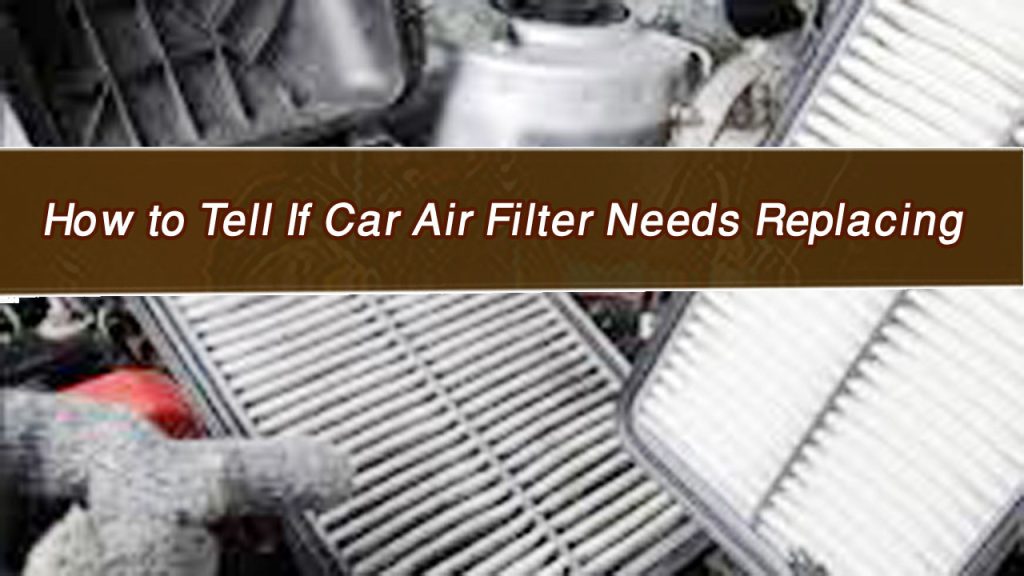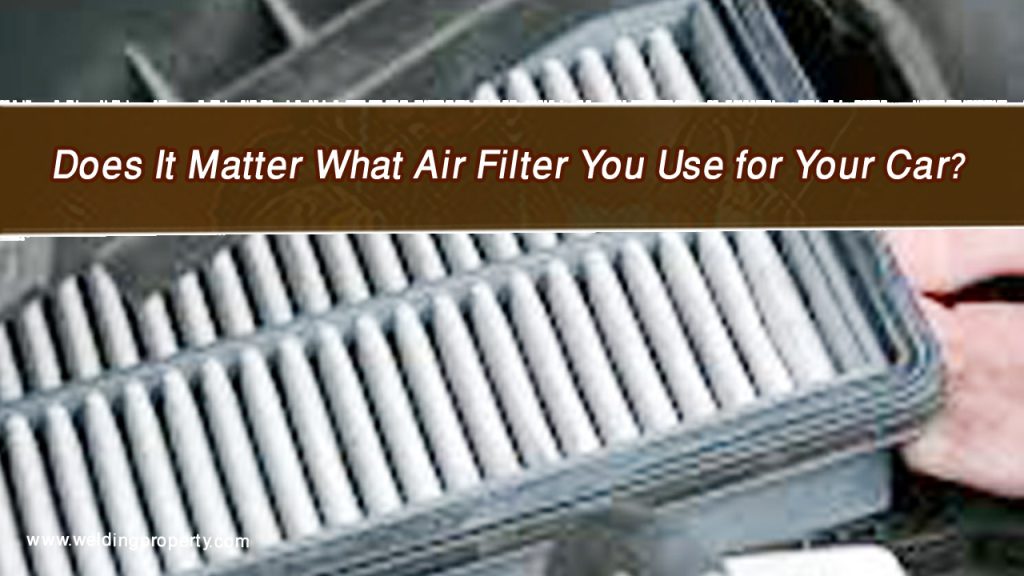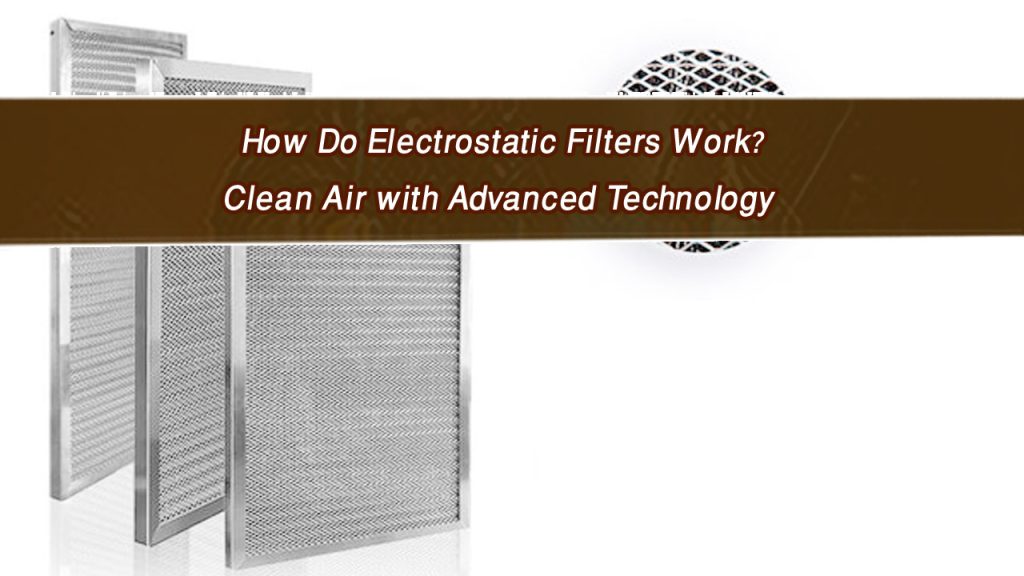Your car’s air filter might not be something you think about often, but it plays a crucial role in keeping your engine healthy and your vehicle running smoothly. A dirty or clogged air filter can cause all kinds of problems, from reduced fuel efficiency to decreased engine performance.
I’ve learned the hard way how neglecting this small but essential part can impact a vehicle. Let me share how you can easily tell if your car’s air filter needs replacing and why it’s so important to stay on top of this maintenance task.

Image by professionalhyundai
Why Is the Air Filter Important?
The air filter in your car ensures that the air entering your engine is free of dirt, dust, and other debris. Clean air is essential for proper combustion, which is what powers your car. Without a clean air filter, your engine can become clogged with contaminants, leading to inefficiency, damage, and costly repairs.
Some benefits of a clean air filter include:
- Improved engine performance: Ensures the engine gets the right amount of air.
- Better fuel economy: Clean air helps maintain a balanced air-fuel mixture.
- Extended engine life: Protects internal components from wear and tear caused by debris.
How to Tell If Your Car Air Filter Needs Replacing
Knowing when to replace your car air filter can save you from unexpected issues. Here are the key signs to look out for:
Reduced Fuel Efficiency
Have you noticed that you’re visiting the gas station more often than usual? A clogged air filter restricts airflow to the engine, causing it to work harder and burn more fuel. If your fuel efficiency has taken a sudden dip, it’s time to check your air filter.
Decreased Engine Performance
If your car feels sluggish or struggles to accelerate, the engine may not be getting enough air. A dirty air filter can choke the airflow, reducing your car’s power and responsiveness.
Black Smoke or Sooty Exhaust
When the air filter is clogged, it disrupts the air-fuel mixture in the engine. This can lead to incomplete combustion, which often produces black smoke or soot from the exhaust.
Visible Dirt and Debris on the Filter
The easiest way to check if your air filter needs replacing is to inspect it. Open the air filter housing and look at the filter itself. If it’s covered in dirt, dust, or debris, it’s time for a replacement.
Strange Engine Noises
An engine struggling to get enough air may produce unusual sounds, like coughing or sputtering. These noises can indicate a clogged air filter restricting airflow.
Check Engine Light
Sometimes, a dirty air filter can trigger your car’s check engine light. This happens because the restricted airflow affects the engine’s sensors and performance.
Unpleasant Smell from Vents
If you notice a musty or unpleasant smell coming from your car’s vents, it could be a sign of a dirty cabin air filter, which is often located near the engine air filter.
When Should You Replace Your Car Air Filter?
While the signs above are good indicators, it’s also important to follow your vehicle’s maintenance schedule. Most manufacturers recommend replacing the air filter every 12,000 to 15,000 miles, but this can vary depending on your driving conditions.
Factors That Affect Air Filter Replacement Timing
- Driving Environment: Driving in dusty or polluted areas can clog the air filter faster.
- Driving Habits: Frequent stop-and-go traffic or long commutes can wear out the filter more quickly.
- Seasonal Changes: Spring and summer bring more pollen and debris, which can accumulate in the filter.
How to Inspect Your Air Filter
Inspecting your air filter is a simple process that you can do yourself. Here’s how:
Locate the Air Filter Housing: The air filter is usually housed in a rectangular plastic box near the engine. Consult your owner’s manual if you’re unsure.
Open the Housing: Unclip or unscrew the housing to access the air filter.
Check the Filter’s Condition: Look for dirt, debris, and discoloration. A clean air filter should be white or off-white.
Decide If It Needs Replacing: If the filter appears dirty or clogged, it’s time for a new one.
Choosing the Right Air Filter
Not all air filters are created equal. When replacing your air filter, it’s important to choose one that’s compatible with your vehicle and meets your driving needs.
Types of Air Filters
| Type | Features | Best For |
|---|---|---|
| Paper Filters | Affordable, disposable, easy to find | Standard driving conditions |
| Foam Filters | Reusable, excellent at trapping debris | Off-road or dusty environments |
| Cotton Gauze Filters | High-performance, reusable, better airflow | Performance vehicles or heavy driving |
| Carbon Filters | Filters odors and contaminants | Urban areas with high pollution |
DIY vs Professional Replacement
Replacing the Air Filter Yourself
If you’re comfortable working under the hood, replacing the air filter is a quick and easy task that can save you money. Most filters cost between $10 and $50, depending on the type and brand.
When to Seek Professional Help
If you’re unsure about the process or don’t have the right tools, a professional mechanic can replace your air filter during routine maintenance.
Maintaining Your Air Filter for Optimal Performance
Regular Inspections: Check the air filter at least once every six months or during each oil change.
Clean Reusable Filters: Some filters, like foam or cotton gauze, can be cleaned and reused. Follow the manufacturer’s instructions for cleaning.
Avoid Driving in Dusty Conditions: If possible, minimize driving on unpaved roads or in areas with heavy dust and debris.
FAQs
How often should I replace my car air filter?
Most manufacturers recommend replacing the air filter every 12,000 to 15,000 miles, but you should check it more frequently if you drive in dusty or polluted areas.
Can I clean my car air filter instead of replacing it?
Some air filters, like foam or cotton gauze filters, can be cleaned and reused. However, disposable paper filters must be replaced when dirty.
What happens if I don’t replace my air filter?
A dirty air filter can reduce fuel efficiency, lower engine performance, and cause long-term damage to your engine.
How can I tell if my air filter is dirty?
A quick visual inspection can reveal dirt and debris on the filter. Other signs include reduced performance, poor fuel economy, and unusual engine noises.
Can a dirty air filter cause my check engine light to come on?
Yes, a clogged air filter can disrupt airflow and trigger the check engine light.
Conclusion
Replacing your car’s air filter is one of the simplest yet most important maintenance tasks you can do to keep your vehicle running smoothly. By knowing the signs of a dirty or clogged air filter, you can take action before it leads to bigger problems.
Regular inspections, timely replacements, and choosing the right filter for your driving conditions will ensure that your engine performs at its best.
A little attention to your air filter can go a long way in maintaining your car’s efficiency, saving you money, and prolonging its life. So the next time you’re under the hood, don’t forget to give your air filter a quick check—it’s worth it!


